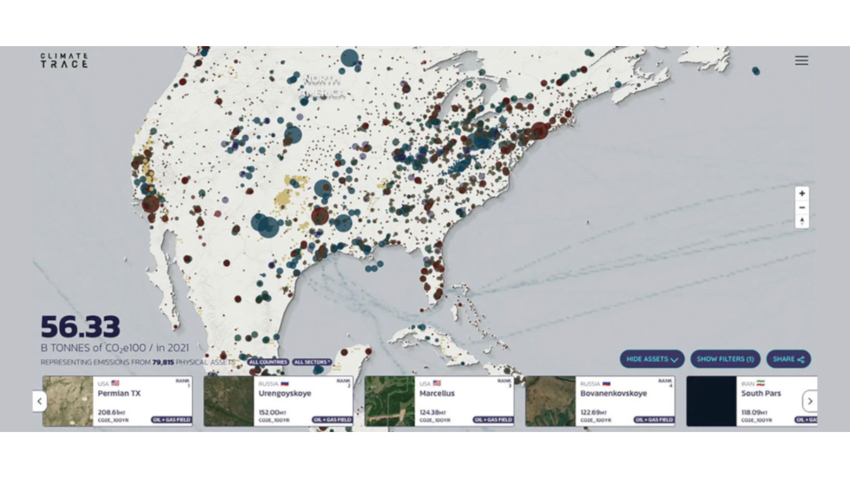Banks and policymakers driving climate change
While climate researchers worldwide appealed to the decision-makers at the COP27 climate summit in Sharm el-Sheikh for a decisive change in the energy industry, activists demonstrated in front of the UN conference centre against the billions in subsidies with which politicians continue to promote the oil cartels that have long been recognised as destroying nature. “These investments are causing incredible damage, destroying biodiversity and devastating livelihoods across the world,” stressed Susan Huang from the NGO Oil Change International. In fact, they wanted to remind policymakers of their promise to end funding for fossil resources at the end of this year that was watered down by the International Energy Agency, which claimed the slow transition to renewable energies aggraved climate change. Inside the air-conditioned centre, UN Secretary-General António Guterres criticised the ongoing investments in fossil fuels. He pointed to an independent inventory of greenhouse gas emissions created by the ClimateTrace Coalition supported by environmentalist and former US Vice-President Al Gore that could “be a wake-up call to governments and the financial sector, especially those that continue to invest in and underwrite fossil fuel pollution.”
World is at a turning point
António Guterres was speaking at the launch of a new independent inventory of greenhouse gas emissions created by the ClimateTrace Coalition and spearheaded by former US Vice-President Al Gore. The tool that uses satellite data and artificial intelligence to make the facility-level emissions of over 70,000 sites around the world visible, will allow leaders to know the location and scope of emissions being released. Even today, the validated data that come from over 30,000 sensors make it impossible for the main emitters from the gas and oil industry to cheat and counter the often politically embellished estimates of national CO2 emissions with a reliable database.
According to Gore, who spoke at COP27 Finance Day, the climate catastrophe is currently costing the global economy two and a half trillion dollars annually. He said the world is at a turning point because solutions exist to reverse this dire trend (see p. 58). According to Anjali Viswamohanan, policy director at the Asia Investor Group, it’s not technology that is the solution but finance as fossil industry giants are working heavily to greenwash their asset and their CI. “We must have zero tolerance for net-zero greenwashing”, suggested Guterres. According to the first report of a UN high-level expert group on the topic, net-zero pledges must be in line with the UN Intergovernmental Panel on Climate Change (IPCC) scenarios limiting warming to 1.5 degrees. Industry experts, however, described the IPCC figures as flawed and said behind closed doors that we would be lucky to stay below 3°C.
EU Commission President Ursula von der Leyen, on the other hand, practised verbal acrobatics and described the EU as “fully on track”, especially after the Council and Parliament agreed to the Commission’s proposal to include sectors in the CO2 emission targets that have so far not been included on the outside: transport, buildings, waste and agriculture. The emission reduction target for these sectors by 2030 will now be raised to 40% from 2005 emissions.
This article was originally published in European Biotechnology Magazine Winter Edition 2022.




